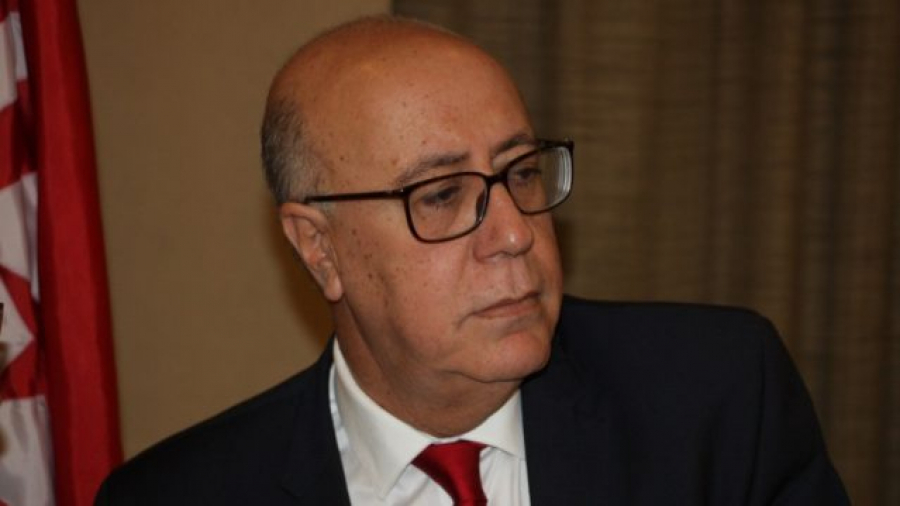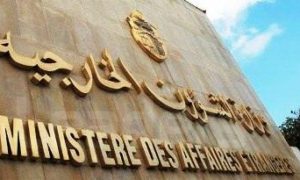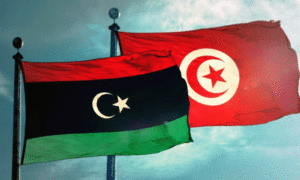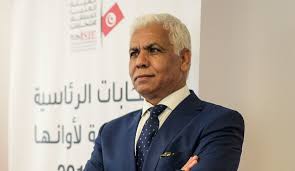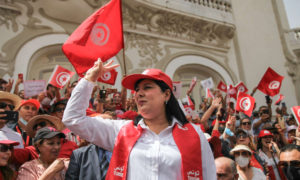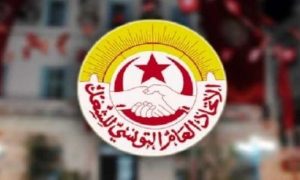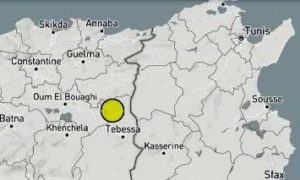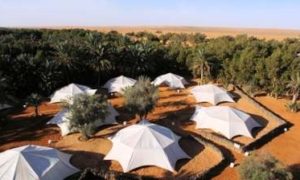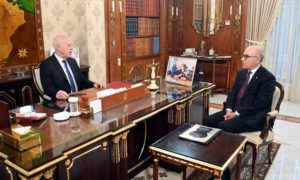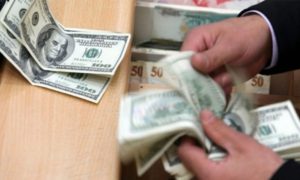|
The Central Bank of Tunisia (BCT) is currently working with the Ministries of Finance and Economy on the preparation of a macroeconomic stabilisation plan to cope with the worsening public deficit, inflationary pressures and the various financial and economic difficulties the country is undergoing, BCT Governor Marouan El Abassi said Thursday.
“Getting out of the current crisis will be neither easy nor imminent. We have lost so much in terms of investment and savings, that the joint efforts of all stakeholders is more than ever necessary to prepare the ground for the revival of investment,” he underlined during the 42nd general assembly of the Tunisian-German Chamber of Industry and Commerce (AHK).
“This macroeconomic stabilisation plan is also being discussed with the main donors, notably the International Monetary Fund (IMF) and the World Bank,” the governor said, adding that ” the discussions with the IMF have never stopped, as some media have claimed.”
The Governor further pointed out that “in parallel to the implementation of this plan, it is necessary, in the short term, to activate bilateral financing in order to complete the financing scheme. Thereafter, an economic recovery plan should be set up to help the Tunisian economy generate wealth and emerge from this acute crisis.”
In the medium term, Abassi considers that the implementation of structural reforms (business climate, compensation fund, difficulties of public enterprises, etc.), is a necessity to get out of this situation.
As far as the BCT is concerned, he indicated that it will continue, in view of the post-COVID period, to play its role in price control and the consolidation of financial stability, in addition to supporting economic activity.
“Discussions are underway with the relevant authorities on the establishment of a large restructuring and turnaround fund that would provide alternative financing for enterprises affected by the difficulties of recent years,” he added.
To overcome the crisis, the governor also called for capitalising on the few positive developments that have taken place despite the still difficult economic situation.
These include the improvement in the health situation and the gradual recovery of the economic situation, particularly as from the second quarter due to the gradual resumption of activity in the sectors most affected by the health crisis. Other factors are the positive economic outlook in the euro zone, the improvement of the political and security situation in neighbouring countries, particularly in Libya, in addition to the resumption of hydrocarbon production in 2021 by the Nawara (31.5% of national natural gas production) and Halk El Manzel (14.2% of national crude oil production) fields, and the efforts made in the renewable energy sector.
Regarding the balance of payments and despite the difficulties of external financing, the governor considers that the situation is viable with a forecast current deficit of less than 7% for 2021 and levels of foreign exchange reserves around 130 days of imports.
However, “despite the shocks that affect the sustainability of public debt, the risks are mitigated because of the importance of multilateral and bilateral financing in the Tunisian public debt, which are characterised by long maturities and low rates,” he explained.
//Situation status//
The governor also recalled the difficult situation that Tunisia is going through, referring to “a slow recovery of economic growth in 2021 (about 3%) after a year of exceptional health crisis: a drop of 9.2% in trade at constant prices and 2.5% at current prices (a first since 1962) impacting the labour market (unemployment rate of 17.4%), the financial situation of enterprises and households and macroeconomic balances including public finances (deficit of 9.6% of GDP).
The governor also recalled the impact of the health crisis on strategic sectors such as tourism and transport, the problems of budget financing due to the drying up of external resources, the return of inflationary pressures in September 2021 (6.2% September year-on-year) owing notably to the upward trend of commodity prices on the world markets, notwithstanding the fall in average inflation during the first nine months of 2021 (5.4% against 5.8%).
(TAP)
|
What's happening in Tunisia?
Subscribe to our Youtube channel for updates.



